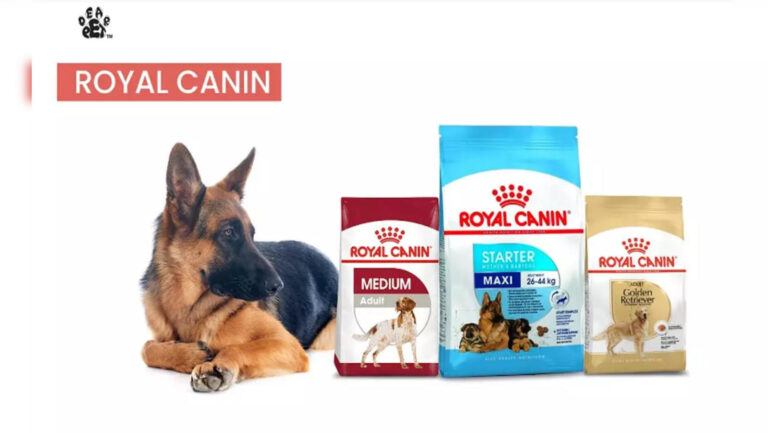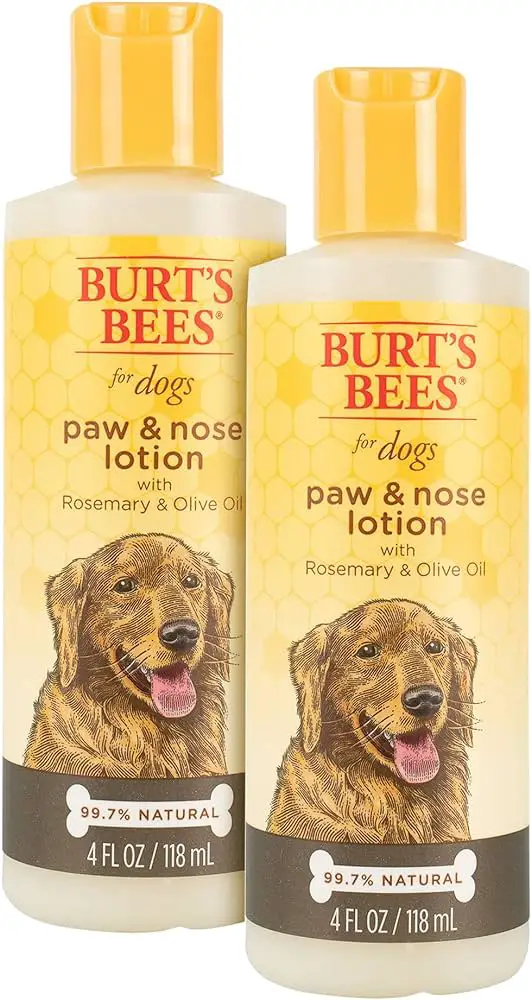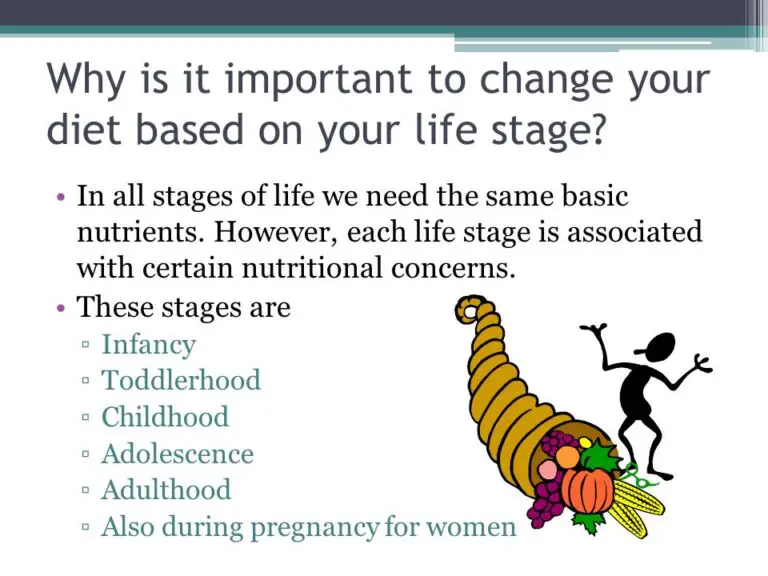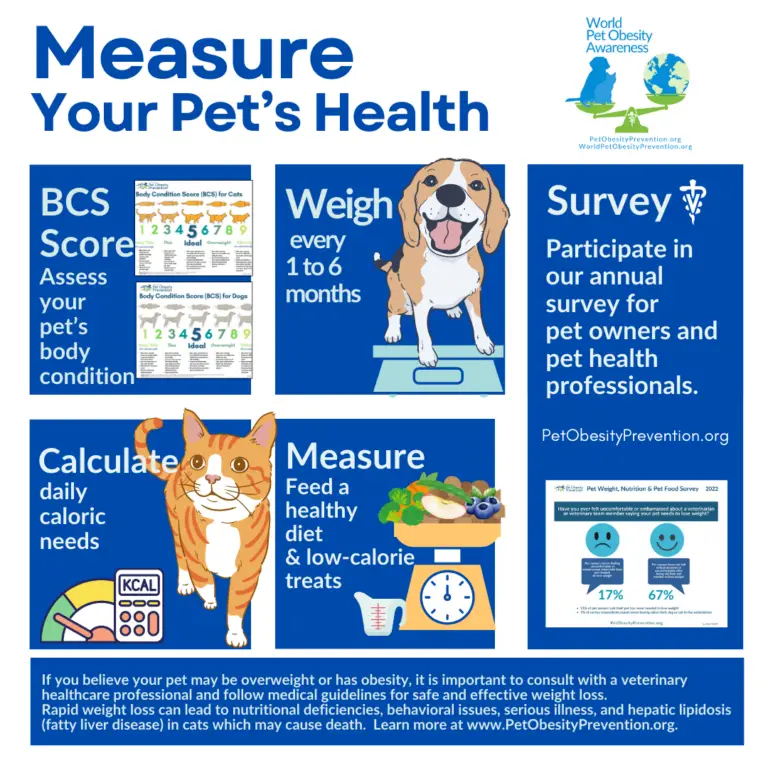A Comprehensive Guide to the 15 Most Common Diet-Related Diseases in Dogs
Ensuring your furry companion enjoys a full and healthy life is a top priority for pet owners worldwide. Just as the right diet fuels a human’s vitality, so it does for our dogs. Proper nutrition can stave off an array of health ailments, but the wrong ingredients in your pup’s bowl can lead to a variety of diet-related diseases. This extensive guide will equip you with knowledge to safeguard your dog’s well-being.
In the realm of dog dietary health, awareness and prevention are key. Recognizing the diseases that can stem from incorrect or inadequate diets, understanding the role nutrition plays in each case, and learning how to counteract these issues through food can significantly improve your dog’s quality of life.
Understanding the Impact of Dog Diets
Dietary practices directly impact dogs’ bodily functions and overall health. A balanced diet not only provides essential nutrients but also helps maintain proper weight, supports organ function, and guards against disease. Conversely, an imbalanced diet can result in various maladies that hamper your dog’s vitality and longevity.
This guide aims to demystify the correlation between your dog’s diet and health by dissecting the 15 most common diet-related diseases in dogs. By familiarizing yourself with these conditions, you will be better prepared to make informed choices that could prevent future afflictions in your four-legged friend.
The Top 15 Diet-Related Dog Diseases
1. Obesity
Obesity is an excessively common condition in dogs, often triggered by overfeeding, lack of exercise, and poor diet choices. Extra weight can lead to a host of other ailments, including joint problems, diabetes, and heart disease.
2. Diabetes Mellitus
Just like humans, dogs can develop diabetes due to a lack of insulin production or an inability to respond to it properly, which is often linked to obesity and high-sugar diets.
3. Pancreatitis
Pancreatitis involves inflammation of the pancreas, a gland that helps with digestion and managing blood sugar. Excessive fat or calorie intake can trigger this painful condition.
4. Kidney Disease
Chronic kidney disease is often associated with aging but can also be caused or exacerbated by certain diets. High protein levels, phosphorus, and excessive vitamin D can be culprits.
5. Liver Disease
The liver is vital for detoxification and digestion. Diets that are high in toxins, copper, or certain medications can lead to liver malfunction.
6. Hyperthyroidism
An overactive thyroid gland, leading to excessive weight loss, increased appetite, and restlessness, can be influenced by diet and requires dietary management as part of its treatment.
7. Hypothyroidism
Conversely, an underactive thyroid gland can result from low-iodine diets and can lead to weight gain, fatigue, and intolerance to cold temperatures.
8. Allergies
Canine allergies to specific foods can manifest in various ways, from skin conditions to digestive issues. Identifying and eliminating these allergens from the diet is essential.
9. Food Intolerance
Different from allergies, food intolerances can lead to chronic gastrointestinal issues, gas, or skin conditions, often necessitating a change in diet to prevent discomfort.
10. Urinary Tract Diseases
Providing the wrong diet can lead to the formation of crystals or stones in the urinary tract, causing painful urinary issues and sometimes requiring surgery.

11. Inflammatory Bowel Disease (IBD)
IBD is a general term for conditions that cause the stomach and intestines to become inflamed, resulting in diarrhea, vomiting, and poor nutrient absorption. Diet is a crucial component of managing IBD.
12. Colitis
This condition, characterized by inflammation of the large intestine, which causes diarrhea and occasional blood in stools, can be impacted by diet and stress.
13. Malnutrition
Undernutrition can result from feeding a diet that doesn’t provide enough essential nutrients. It can manifest in stunted growth, poor coat condition, and a weakened immune system.
14. Heart Disease
Specific nutritional deficiencies can contribute to heart problems in dogs. Taurine and carnitine deficiencies are notable culprits in certain conditions like dilated cardiomyopathy.
15. Cancer
While the causes of cancer in dogs are multifaceted, studies have shown that diet can play a role, making proper nutrition a crucial part of a comprehensive prevention or treatment plan.
Understanding the intricacies of these health conditions empowers you to make targeted dietary adjustments that can have profound effects on your dog’s health outcomes.
In-Depth Analysis of Each Disease
Each of the 15 diseases mentioned above warrants a detailed exploration of their symptoms, causes, and management strategies, including their dietary facets. Here’s a snippet of what each section will cover:
- Obesity: How to identify an obese dog, the contributing dietary factors, and strategies for weight management through nutrition.
- Diabetes Mellitus: The role of carbohydrates and sugars, specialized diabetic diets, and the importance of consistent feeding schedules.
- Pancreatitis: The link between high-fat diets, acute bouts of pancreatitis, and low-fat diets as a method of prevention.
- Kidney Disease: Suitable diets for dogs with kidney issues, emphasizing high-quality proteins and the reduction of certain minerals.
- Liver Disease: Specific dietary considerations for dogs with liver problems, including the management of fats and proteins.
- Hyperthyroidism and Hypothyroidism: The thyroid’s intricate dietary requirements and how to adjust the diet for thyroid support.
- Allergies and Intolerances: Navigating common allergic foods and the methodology for implementing food elimination diets.
- Urinary Tract Diseases: Understanding the link between diet and urinary health, including the management of pH levels and moisture content in the diet.
- Inflammatory Bowel Disease and Colitis: Tailoring the diet to control inflammation and provide easy-to-digest nutrients.
- Malnutrition: Detecting the signs of malnutrition and rectifying it through implementing a well-balanced diet.
- Heart Disease: The role of specific nutrients in heart health and how to adjust the diet to support cardiac function.
- Cancer: Discussing the influence of diet on cancer risk and how to formulate a diet that supports conventional treatment and the overall health of the patient.
Nutrition for Prevention and Management
This section will break down the core tenets of canine nutrition, offering guidelines for a balanced diet, specific dietary recommendations for each of the 15 diseases, and insights into the appropriate use of supplements.
Guidelines for a Balanced Diet
- The macronutrient considerations of protein, fats, and carbohydrates.
- The significance of micronutrients including vitamins and minerals.
- The crucial role of water in a dog’s diet.
Tailored Diets for Each Disease
- Creating a diet specifically for disease prevention or management.
- The emphasis on fresh, whole foods free from additives and preservatives.
- The potential restrictions on certain food types based on the disease.

The Role of Supplements
- Deciphering when supplements are necessary.
- Tailoring supplements to complement the diet for specific diseases.
- The potential risks of over-supplementation.
By assiduously adhering to these nutritional recommendations, pet owners can potentially prevent and manage diet-related diseases in their dogs.
Case Studies and Success Stories
Real-life examples of how dietary changes have dramatically improved or managed diseases provide a tactile understanding of the impact of nutrition on a dog’s well-being. These stories will bridge the theoretical knowledge with practical applications, inspiring readers to take proactive steps towards dietary health for their pets.
Expert Tips for Healthy Feeding
In this section, veterinarians and pet nutritionists lend their wisdom on feeding practices, portion control, and food safety.
Feeding Practices
- The significance of regular feeding schedules.
- Tips for preventing food-related illnesses and accidents.
- Understanding portion sizes suitable to the individual dog’s needs.
Portion Control
- The challenge of prevent overfeeding and obesity.
- Determining the correct portion size for a dog’s age, weight, and activity level.
- Using meal plans to control portions systematically.
Food Safety
- Identifying and avoiding common pet food contaminants.
- Implementing best practices for food storage and preparation.
- Managing food intolerances or allergies through proper labeling and ingredient lists.
FAQs
Encountering the commonly asked questions about diet and dog health, this segment will provide succinct answers to clarify any remaining uncertainties readers might have.
Can a Dog’s Diet Truly Impact its Health?
Exploring the multifaceted impact of diet on various aspects of a dog’s health.
What Are the Warning Signs That Indicate My Dog is Not Getting the Right Nutrition?
Understanding the symptoms that signal nutritional deficiencies or imbalances.
How Can I Help My Dog if it’s Already Diagnosed with a Diet-Related Disease?
Pathways to support your dog alongside traditional treatments through dietary changes.
Conclusion
In conclusion, a nuanced understanding and application of a tailored, nutritious diet can be a linchpin in preventing a myriad of health issues in dogs. It’s crucial for pet owners to proactively address their dog’s nutrition, not only for longevity but also for a high-quality life.
Call to Action
Pet owners are encouraged to share this knowledge with their communities and, most importantly, to consult with professionals to curate the optimal diet for their furry companions. The love and care invested in understanding and addressing your dog’s dietary needs can yield immeasurable returns in the form of a healthy, happy, and vibrant pet.








